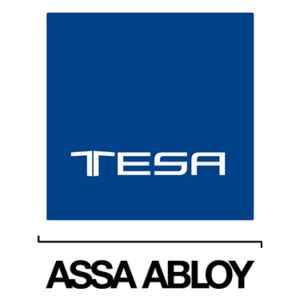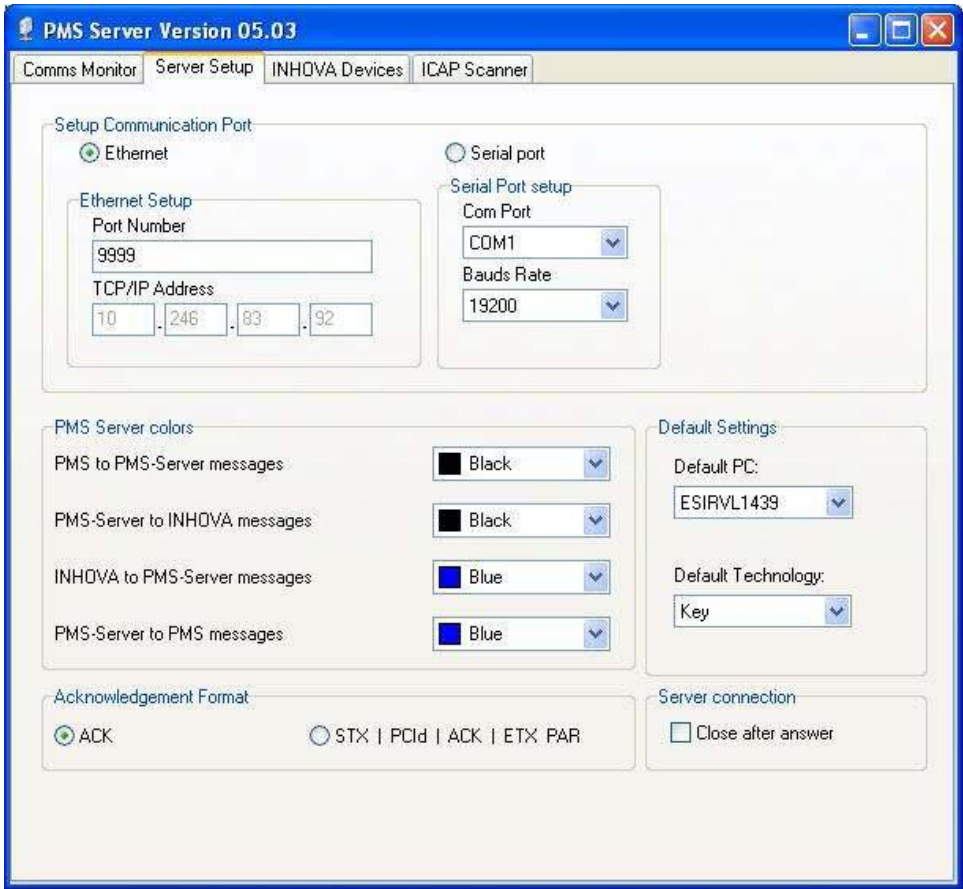
The seamless integration of Sezam24 check-in kiosks with Assa Abloy TESA door locks is revolutionizing the conventional check-in procedure. Guests can now use self-service kiosks to automatically encode their key-cards for the entire booking duration. These key-cards are deactivated upon check-out, adding convenience and security. This automation reduces the dependency on front desk staff, enabling hotels to allocate resources more thoughtfully towards exceptional guest service.
Setting Up the Integration
Integrating Sezam24 kiosks with Assa Abloy TESA door locks involves a straightforward setup process. Here’s a step-by-step guide to ensure a smooth connection:
Step 1: Install and Configure PMSSERVER with TESA – Inhova Software
Begin by installing the PMSSERVER program and configuring it with your TESA – Inhova software. This server acts as the intermediary between the Sezam24 kiosk and the TESA door locks.
Step 2: Run PMSSERVER Program
Once installed, run the PMSSERVER program to initiate the connection process.
Step 3: Configure Port Number
Configure the port number for the PMSSERVER. The default port is 9999 (TCP/IP), but you can adjust this setting based on your network requirements.

Step 4: Configure Assa Abloy TESA Connection in Sezam24 Management System
Within the Sezam24 management system, navigate to the configuration settings for Assa Abloy TESA connection. Here, you need to:
– Enter the PMSSERVER IP address and port number.
– Enable proxy connection.
– Save and enable these settings.
Step 5: Map PMS Rooms with Assa Abloy TESA Room IDs
The final step involves mapping your Property Management System (PMS) rooms with the corresponding Assa Abloy TESA room IDs. This mapping ensures that each room’s key-card is accurately encoded and managed.
Benefits of Integration
Enhanced Guest Experience
By enabling guests to check in and encode their key-cards independently, hotels can offer a more streamlined and efficient check-in experience. This reduces wait times and enhances overall guest satisfaction.
Cost Reduction
Automating the check-in process with self-service kiosks significantly reduces the need for front desk staff, leading to lower operational costs. Hotels can reallocate these savings to other areas, such as improving amenities or marketing efforts.
Increased Efficiency
The integration ensures that key-cards are automatically deactivated upon check-out, enhancing security and reducing manual administrative tasks. This efficiency allows hotel staff to focus on providing personalized guest services.
Conclusion
The integration of Sezam24 self-service check-in kiosks with Assa Abloy TESA door locks represents a significant advancement in hotel management technology. By automating key-card encoding and streamlining the check-in process, hotels can enhance guest experiences, reduce operational costs, and increase overall efficiency. Embracing this innovative solution is a strategic move towards modernizing hotel operations and staying competitive in the dynamic hospitality industry.
